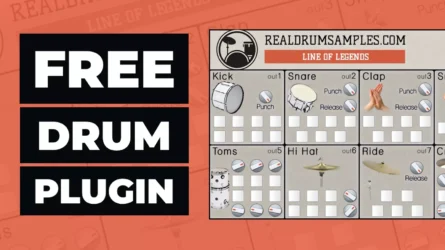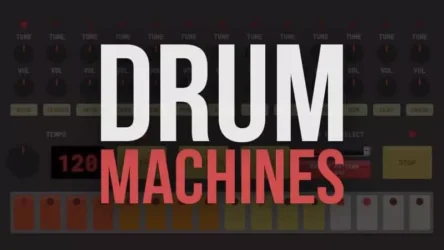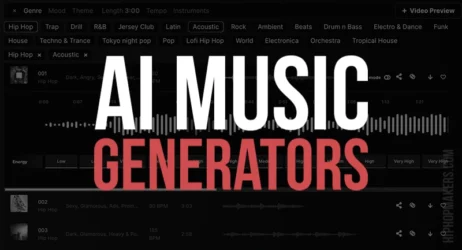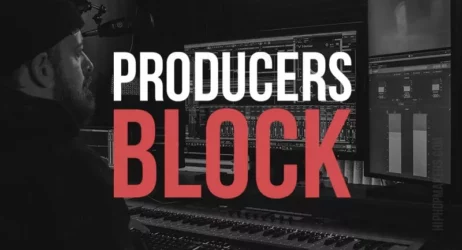Here are the best online music composition courses to learn music theory, composing music, and other essential skills to create music.
These courses cover all the fundamentals, principles, and myths of composing music that will be helpful to you, whether you are a beginner or a pro.
All these online music composing courses are on Skillshare. You can get access to all these classes by signing up for a 30-day free trial. Cancel at any time.
Skillshare has over 28,000 online classes covering all music production aspects from audio recording, music theory, mixing, piano, and more.
This article contains affiliate links for which we receive a commission at no cost to you.
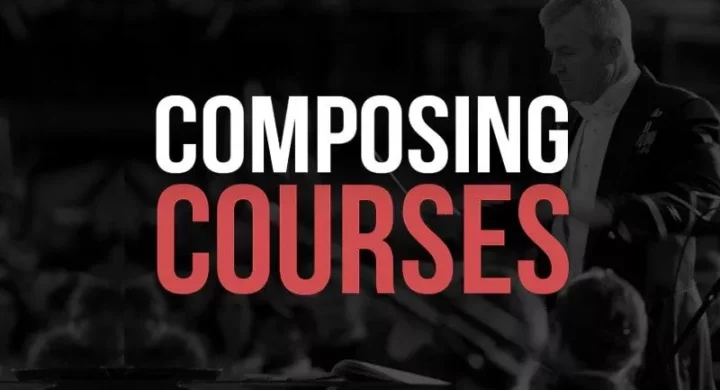
Music Composition Courses Online
- Writing Stronger Melodies
- Music Composition with the Piano
- Music Composition Techniques
- Music Composition 1
- Music Composition for TV
- Fundamentals, Principals, Myths
- Techniques 2: Tension & Release
- Composing Video Game Music
- Writing Music 101: Songwriting Basics
- Score Films & Video Games
- Learn Piano in 30 Days
- Music Theory Fundamentals
- Compose Music – Lightning Fast
- Practicing & Arranging The Piano
- Professional Workflow Secrets
1. Writing Stronger Melodies ( Music Composition )
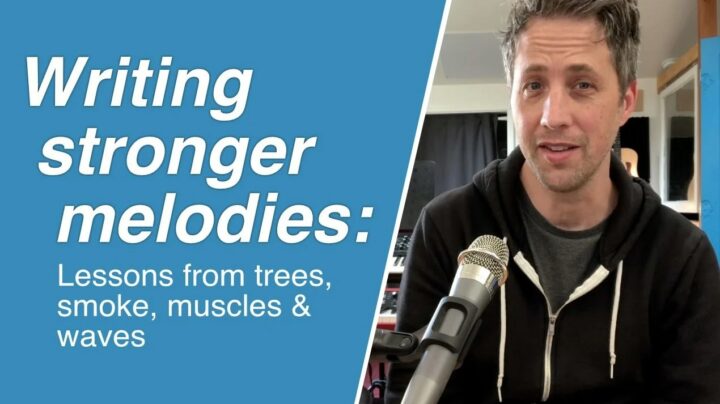
This music composition course is all about learning how to create stronger melodies. The instructor looks at melodies from nature, such as trees, smoke, muscles, and waves.
He breaks down how these natural elements create melodies and how you can use those techniques in your music compositions. This is an excellent course for beginner and intermediate music creators.
Students: 1,900+ | Rating: 99%
2. Music Composition with the Piano
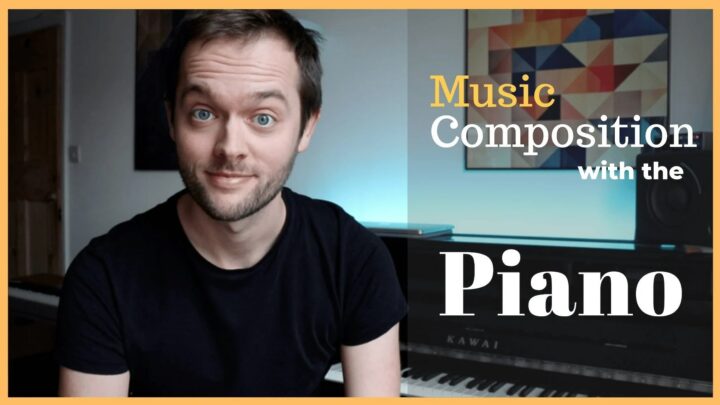
If you want to learn music composition with the piano, then this course is perfect for you. It covers a wide range of music theory topics, from understanding the grid and chromatic scale to creating major keys and chords inside of a key.
You’ll also learn how to name notes on the piano and create an ambient track assignment. Plus, you’ll learn all keys, hand positions, and fingerings.
Students: 3,300+ | Rating: 98%
What’s Covered
- The Grid
- The Chromatic Scale
- Creating a Major Key
- Creating Chords Inside of a Key
- Naming Notes on the Piano
- Ambient Track Assignment
- Ambient Track Example
- Learning all Keys
- Hand positions & Fingerings
3. Music Composition Techniques 1: Getting Started
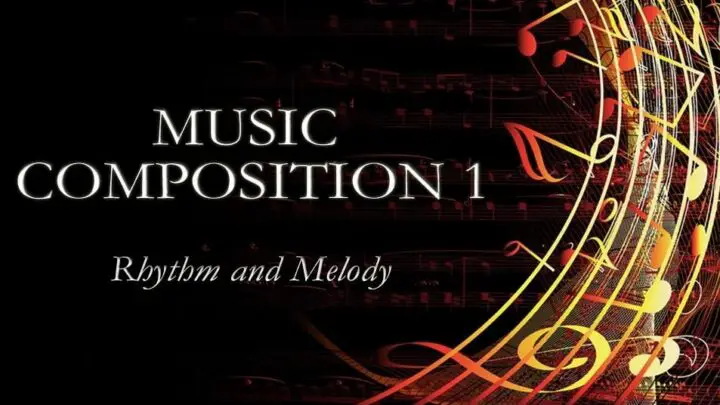
This course is a great music composition course for those who want to learn music theory and composition. The first thing that the course covers is the difference between music theory and music composition.
It shows you how to use music software and do free writing. You’ll also learn about triads, diatonic chord progressions, inversions, song analysis, non-chord tones, and more.
Students: 3,700+ | Rating: 92%
What’s Covered
- Difference Between Theory And Composition
- Software
- F Sharp
- Free Writing
- Triads
- Diatonic Chord Progressions
- Inversions
- Song Analysis
- NonChord Tones
4. Music Composition 1 – Rhythm & Melody
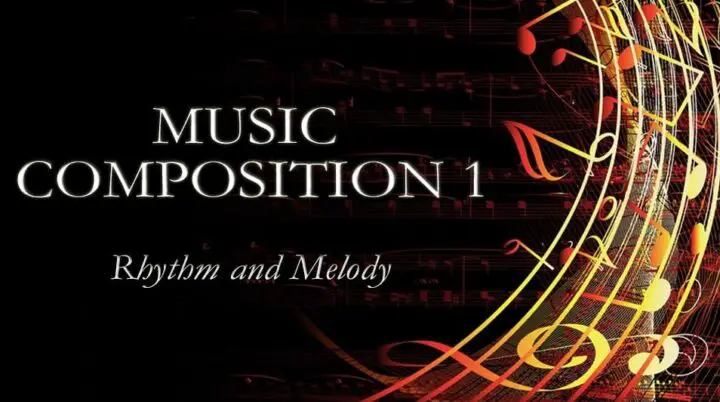
This course is designed to help students understand the basics of song composition. The course covers topics such as uniformity and variety, music’s relation to language, and the principles of rhythm and melody.
Students will also learn about augmentation, diminution, truncation, expansion, and displacement.
Students: 1,000+ | Rating: 97%
What’s Covered
- Uniformity and Variety
- Music’s Relation to Language
- Augmentation
- Diminution
- Truncation
- Expansion
- Displacement
5. Introduction to Music Composition for TV Commercials
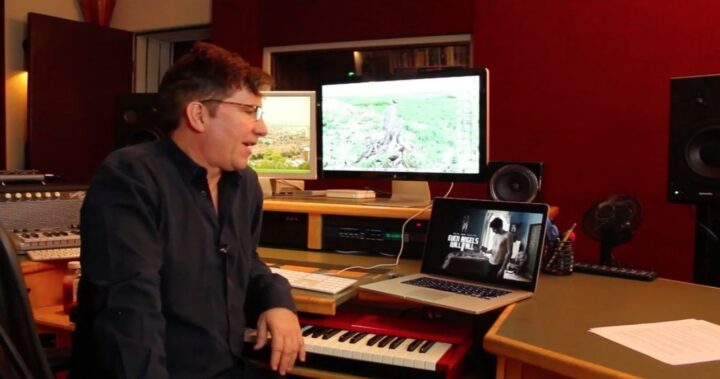
In this music composition tutorial, you’ll learn how to compose music for TV commercials. You’ll start by learning about music theory which will help you analyze music and add your music to the world.
Also, you’ll learn about the various types of music and sound effects to work with when creating a TV commercial.
What’s Covered
- Types of Sound to Use
- Analyzing the Music
- Compositional Techniques
- Dealing with Feedback and Outro
Students: 600+ | Rating: 89%
6. Music Composition 101: Fundamentals, Principals, Myths

If you’re interested in music composition, then you should check out this course.
It is designed for beginners and will teach you the basics of music theory, music notation, music software and technology, and music history. You’ll also learn how to write music for free.
Students: 850+ | Rating: 81%
What’s Covered
- Music Theory
- Music Notation
- Music Software and Technology
- Music History
- Free Writing
7. Music Composition Techniques 2: Tension & Release
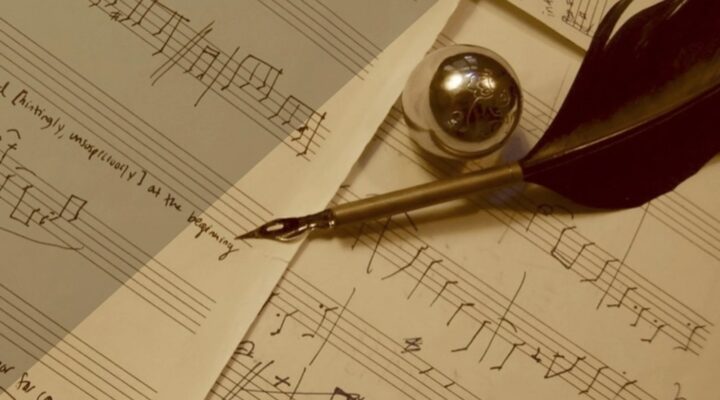
This composition course is all about tension and release in music. You’ll learn about the principles of tension and release and how to apply them to your music compositions.
Students: 800+ | Rating: 91%
What’s Covered
- Tension And Release
- Elements Of Sonata Form
- Using Sonata Form for Tension
- Modern Uses Of Form and Tension
- Muse: Butterflies And Hurricanes
- Meter And Tension
- Stylistic Concerns
- Compound Meters
- Alternating Compound And Duple Meters
- Rhythmic Patterns
- Consonance And Dissonance
- Pedal Tones
8. Composing Video Game Music: Complete A-Z Course
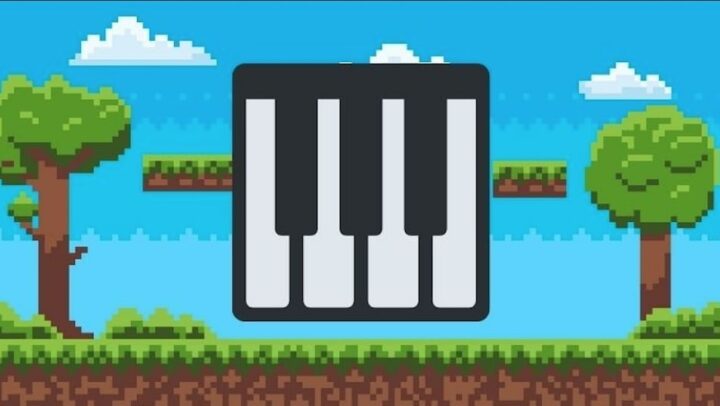
This course is perfect for anyone who wants to learn more about composing music for video games.
The course covers everything from the basics of composition to the more advanced aspects of writing music for video games.
You’ll learn about different composting methods, music theory in video games, and more.
What’s Covered
- Video Game Music
- Composing Methods
- Music Theory in Video Games
9. Writing Music 101: Songwriting Basics
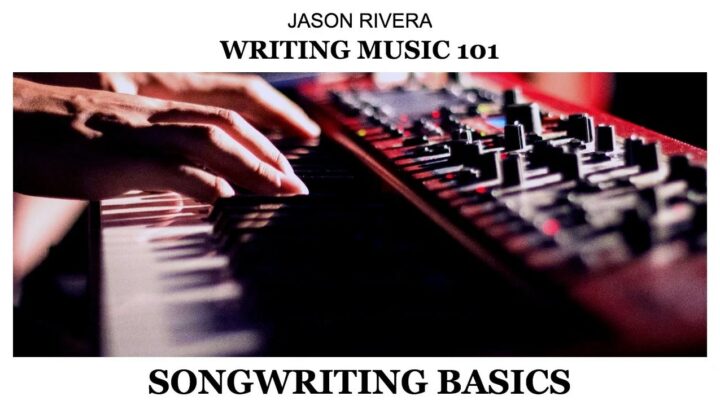
This songwriting music course covers music basics like chords, melody, lyrics, and music’s orchestration and arrangement. It also covers basic music theory keys, scales, chords, melodies, intervals, and more.
Students: 1,450+ | Rating: 78%
What’s Covered
- Chords
- Melody
- Lyrics
- Orchestration & Arrangement
10. Soundtrack Composing: Score Films & Video Games
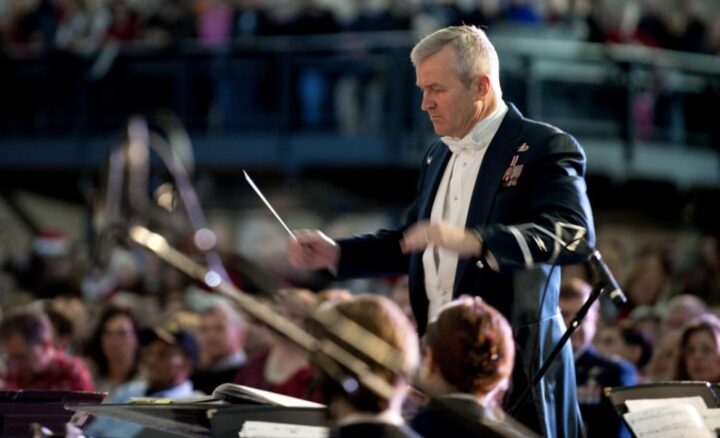
This online music composition course will help you learn how to write music for film and video games. In this course, you’ll learn how to create a powerful and emotionally moving soundtrack that will perfectly complement your visuals.
What’s Covered
- Film Music Chords
- Leitmotifs
- Major and Minor
- Making Scary Music
- Getting FL Studio
- Piano Roll Overview
- Mixing Overview
- Orchestral Percussion
Students: 1,350+ | Rating: 78%
11. Learn Piano in 30 Days with 8+ Hours of Piano Instructions

If you’re interested in learning how to play the piano, this is the perfect course for you. You’ll learn all about the white and black keys, special names for different keys, major and minor scales, octaves, chords, and inversions.
Students: 26,900+Rating: 89%
What’s Covered
- White Piano Keys
- Black Piano Keys
- Special Piano Key Names
- Double Flats & Sharps
- Major Piano Scales
- Minor Piano Scales
- Piano Octaves
- Major Piano Chords
- Minor Piano Chords
- Piano Inversions
12. Music Theory Fundamentals – Beginner
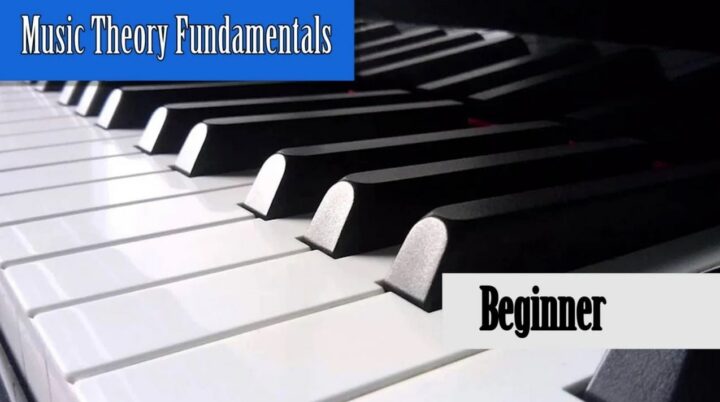
The music theory fundamentals course is a great way to start learning about music composition.
The course starts by teaching you about the different scales and pitches and then moves on to teach you about intervals and rhythm.
This is a great course for beginners who want to learn more about music composition.
Students: 3,900+ | Rating: 84%
What’s Covered
- Scales and Pitches the White Keys
- Black Keys & A New Scale
- Intervals of The Major Scale
- The Minor Scale
- Major vs. Minor
- Intervals of The Minor Scale
- Basics of Rhythm and Meter
13. Compose Music – Lightning Fast
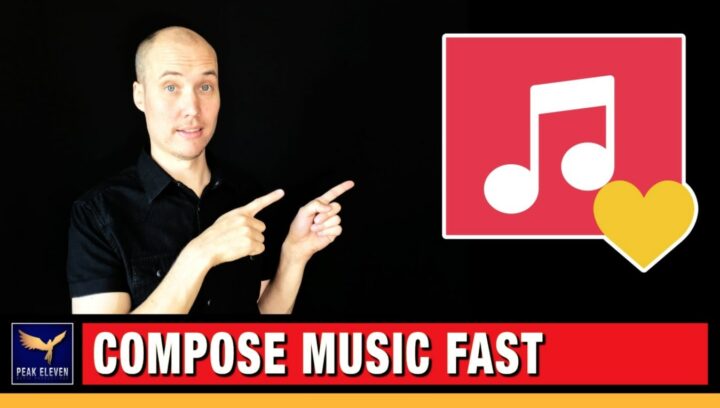
This is an online music composition course that promises to help students create music in a fraction of the time.
The course is designed for all skill levels, from beginners to advanced music creators and composers.
It covers chord progressions, mastering DAW software, music knowledge, creating templates, and more. The course also includes tips and techniques for staying focused and productive.
Students: 450+ | Rating: 99%
What’s Covered
- Chord Progression
- Mastering DAW
- Master your music knowledge
- Create and use templates
- Success Stories
- The Power of 100% Focus
- The Walk’n’Work Technique
- Join a Music Maker Community
- Positive Fan Support
- Milestones and Celebration
- Stop being a Perfectionist
- The Power of Habits
14. Music Composition | Practicing & Arranging The Piano
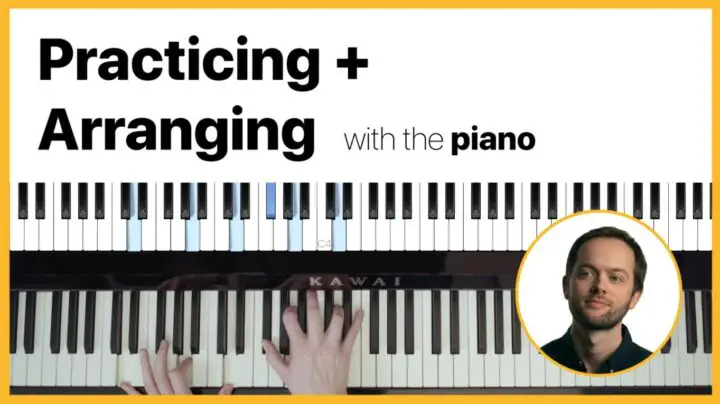
This music composition course is designed to help students understand the basics of music theory. You will learn about harmony, keystones, bar blues, lord chords, minor 4 soul, and secondary dominants.
Additionally, this course will teach you about chord relationships and bi-tonality.
Students: 400+ | Rating: 99%
What’s Covered
- Intro to Harmony
- Keystones
- Bar Blues
- Lord Chords
- Minor 4 Soul
- Secondary Dominants
- Jazz Blues
- Chord Relationships & Bi Tonality
15. Music Composition – Professional Workflow Secrets

This music composition course teaches music creators and composers to go about music compositions by following a series of exercises and music pieces. There are music composing techniques and music production, music technology, and music theory.
Students: 400+ | Rating: 75%
What’s Covered
- The Elements of Music
- Your Instrument of Power
- The Golden Combination
- The Sketch Method
- The Blocks Method
- The Design Method
- The MC Method
- The Chain of Music Creation
- The Canvas of Music
- Visual Candy Method
- Pedal First
- Shake and Bake
- Mimic Method
Frequently Asked Questions
How Do You Study Music Composition?
There are music composition courses you can take online or in person. To become a music composer, you will need to learn music theory, music history, and how to write music. You can find composition programs at colleges or universities or take private music composition lessons.
Can I Learn Music Composition Online?
Yes, you can learn music composition online. Many musical composition courses are offered online that will teach you how to compose music.
How Do I Become A Music Composer?
To become a music composer, you will need to study music composition and music theory. You can find musical composition courses at colleges and universities or take music composition courses from the above list.
Is Composing Music Hard?
Composing music can be complex if you do not have knowledge of music theory. However, music composition can be an easy and rewarding process with suitable music composition courses.
After delving into the world of online music composition courses, it’s clear that there’s a plethora of resources available to anyone interested in creating their own music.
These courses can guide you in exploring different aspects of music, such as the emotional depth of minor keys, the storytelling potential in musical theater, and the rich traditions of classical music.
One of the key skills that many of these courses focus on is keyboard skills. This can be a vital foundation for composing your own music, as it allows you to physically express your musical ideas.
Furthermore, many courses also teach popular music styles, giving you the opportunity to understand and engage with the kind of music that most people listen to today.
In addition to these genres, some courses offer a deep dive into more advanced topics like free atonality and chromatic harmony. These might sound intimidating, but with the right guidance, you can learn to understand and use these techniques to create a new piece of music that’s truly unique.
And that’s not all! Many courses also cover more specific compositional techniques like voice leading, which can make your music sound more coherent and polished.
Plus, they can help you get to grips with the more technical side of musical composition, including how to use music software and other tools.
In conclusion, whether you’re a beginner or an experienced musician looking to broaden your horizons, there’s an online course out there for you. So why not dive in and start learning today?
With these courses at your fingertips, you’ll be composing your own music before you know it.
I hope you find these music composing courses helpful.

